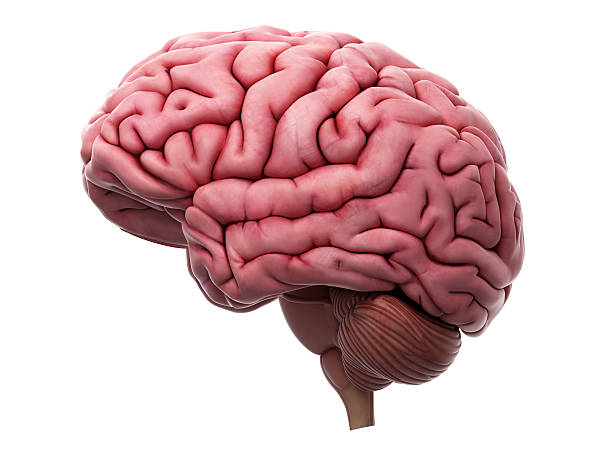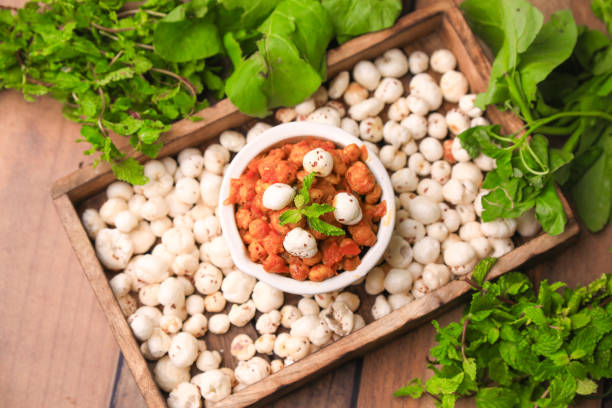Introduction – Why Makhana is Suddenly Everyone’s Favorite Snack
If you scroll through Instagram reels or YouTube shorts, you’ll see everyone munching on Makhana, also known as fox nuts or lotus seeds. But is it really the miracle snack it is hyped to be? The truth lies in balancing its benefits and disadvantages. Makhana has been part of Ayurveda for centuries, known to improve digestion, provide instant energy, and even help in weight loss. But here’s the twist—eating too much can also bring some side effects like bloating, constipation, or excess calorie load. This article will break down the real health advantages and hidden drawbacks of makhana in the funniest, most audience-friendly way possible. Get ready, because you’ll never look at this crunchy snack the same again
Health Benefits of Eating Makhana Why Doctors Call It a Superfood
When it comes to health, makhana benefits are no joke! These little white puffs are packed with protein, calcium, and antioxidants. Want stronger bones? Makhana is loaded with calcium. Want to fight aging? Its antioxidants keep your skin glowing and your hair shining. Feeling hungry at midnight? A handful of makhanas will fill your stomach without making you fat. They are also excellent for people with diabetes because they keep blood sugar levels in check. Unlike fried chips or samosas, makhana is light on the stomach and doesn’t overload you with bad fats. In fact, regular consumption can lower cholesterol and improve heart health. Simply put, eating makhana is like pressing a natural “health upgrade” button in your diet. No wonder every fitness trainer recommends them as the perfect guilt-free snack.
Makhana for Weight Loss – A Snack That Doesn’t Backstab You
Let’s be honest—most snacks are sneaky They taste great but leave you with regret when you step on the weighing scale. But makhana for weight loss is different. It is low in calories, high in fiber, and super filling. A small bowl of roasted makhana keeps you full for hours, reducing unnecessary junk cravings. The best part? You can roast it with just a teaspoon of ghee and still keep it diet-friendly. Unlike fried chips, which add extra fat, makhana actually supports fat burning by boosting metabolism. Fitness freaks love it because it works like a crunchy version of popcorn but with more nutrition. If you’re on a weight-loss journey, swap your evening samosa or burger with makhana, and your waistline will thank you. Just don’t go overboard, or else it may backfire—remember, moderation is key

Brain and Heart Health Benefits Why Makhana is Called Brain Food
Did you know makhana is also called brain food Yes, it’s not just a crunchy time-pass snack—it actually sharpens your memory and concentration. Rich in thiamine and antioxidants, makhana improves nerve function and keeps your brain active. This makes it a great snack for students and professionals who need focus power. But wait, that’s not all—makhana is also a friend to your heart. Its magnesium content helps regulate blood pressure, while potassium keeps your heart rhythm steady. Eating makhana daily can reduce the risk of heart diseases and strokes. In fact, Ayurveda suggests that makhana balances “vata” and “pitta,” which directly improves overall brain and heart health. So, the next time you’re binge-studying or working late nights, replace that packet of chips with a bowl of roasted makhana. Your brain and heart will silently clap for you
The Disadvantages of Eating Too Much Makhana – When Healthy Turns Risky
Now comes the twist yes, there are disadvantages of eating makhana, especially if you overdo it. Eating too much can lead to bloating, constipation, and even stomach cramps because of its high fiber content. Some people also report allergies or skin rashes after consuming makhana in large amounts. Another hidden drawback is its calorie trap if you keep eating bowls after bowls (especially the salted, butter-loaded version), you might end up gaining weight instead of losing it. People with kidney problems should also eat makhana in moderation, since it can affect uric acid levels. Moral of the story: Makhana is a blessing when eaten in the right portion, but it can turn into a curse when you forget to control your cravings. So, the next time you’re Netflix-bingeing with makhana, remember your stomach isn’t an unlimited storage box
Correct Way to Consume Makhana – Make It Your Perfect Snack
So how do you get maximum makhana benefits without side effects? The answer lies in the correct way of consuming it. Nutritionists recommend roasting makhana lightly in ghee or olive oil, adding a pinch of rock salt and black pepper. Avoid the packet versions loaded with artificial flavors and extra salt, because they cancel out the health benefits. Eating makhana in the morning or as an evening snack is the best time. Pair it with green tea or warm milk for better digestion. If you’re on a weight-loss diet, stick to one cup (about 30–40 grams) per day. Another pro tip—don’t eat makhana at midnight with extra butter, thinking it’s healthy. That’s just turning it into popcorn 2.0. Eat smart, not endless, and you’ll enjoy all the goodness makhana has to offer without facing its drawbacks
Conclusion – Is Makhana a Friend or Foe
So, what’s the final verdict on the benefits and disadvantages of eating makhana Well, makhana is definitely a super-snack nutritious, tasty, and diet-friendly. It supports weight loss, boosts brain function, strengthens bones, and keeps your heart healthy. But like every superhero, it has a weakness—overeating. If you munch on makhana endlessly, it can cause digestive issues and add unwanted calories. The smart way is moderation. One bowl a day keeps you healthy and happy, but five bowls a day will send you running to the doctor. In short, makhana is both a friend and foe it depends on how you treat it. So, enjoy it wisely, keep it fun, and let this crunchy snack be your partner in health, not your enemy
Disclaimer
The tips and suggestions mentioned in this article are intended for general informational purposes only. Before starting any fitness program, making changes to your diet, or trying any remedies related to health conditions, please consult your doctor or a qualified healthcare professional. Dr. You does not verify or endorse the authenticity of any such claims made herein

